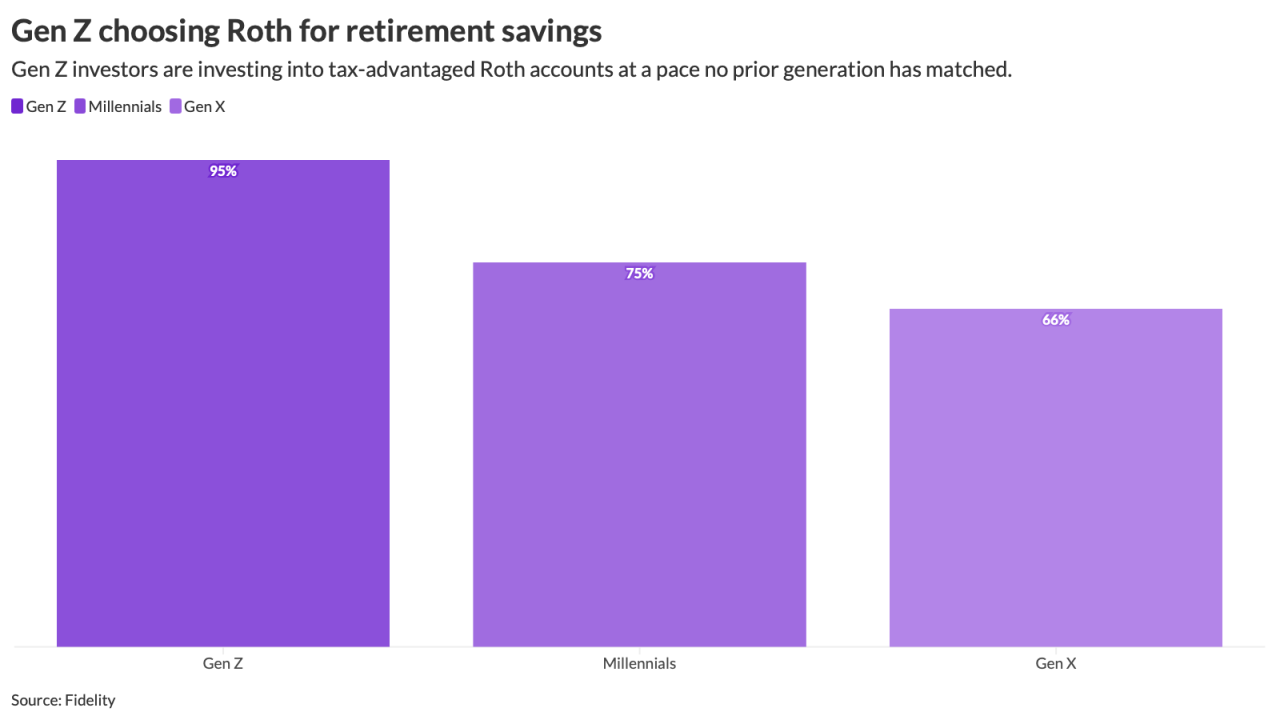The tech industry is struggling with
There are now 197,000 more open IT roles in the U.S. than a year ago, according to the U.S. Bureau of Labor Statistics, and it’s predicted that people joining the IT industry will increase 13% between 2020 and 2030. But if employers want to actually fill those much-needed roles, they need to rethink their recruiting strategies and consider scrapping the need for four-year degrees.
“You can get into tech without a college degree — it’s possible,” says Cory Althoff, a nearly decade-long tech industry veteran as well as the author of "The Self-Taught Programmer". “We have a huge community of people that are all learning how to program outside of a traditional four-year computer science [degree] and that have successfully made the journey to becoming software engineers at different types of companies.”
Read More:
While college is often seen as the only way to get
“There was already a shortage of tech workers before the pandemic, and now with the pandemic and the Great Resignation it's even worse,” Althoff says. “This is a really great opportunity for companies to reevaluate why they're requiring college degrees and why they [may or may not] need them to fill these positions.”
Althoff is one of the new generation of so-called self-taught software engineers. After completing his undergraduate degree in political science, Althoff learned to program and code in his free time until he’d gained enough experience to land
While Althoff didn't start out with a traditional engineering background, he says there are many more applicants just like him eager to work. Not only will they find employees with real-world experience right out of the gate, they’ll be advancing their DEI goals, too.
Read More:
“One thing that the [tech industry] has really struggled with is having a diverse set of employees,” he says. “When you start dropping the degree requirements, you now have access to a more diverse set of candidates and are able to hire people that wouldn't traditionally be in tech.”
Instead of the standard resume, Althoff predicts that
Many self-taught software engineers will also have freelance work under their belt and enough coding experience to successfully perform in
“Companies are having to adapt and start accepting more self-taught software engineers because workers have the upper hand right now,” Althoff says. “Companies that refuse aren't going to be able to compete.”






